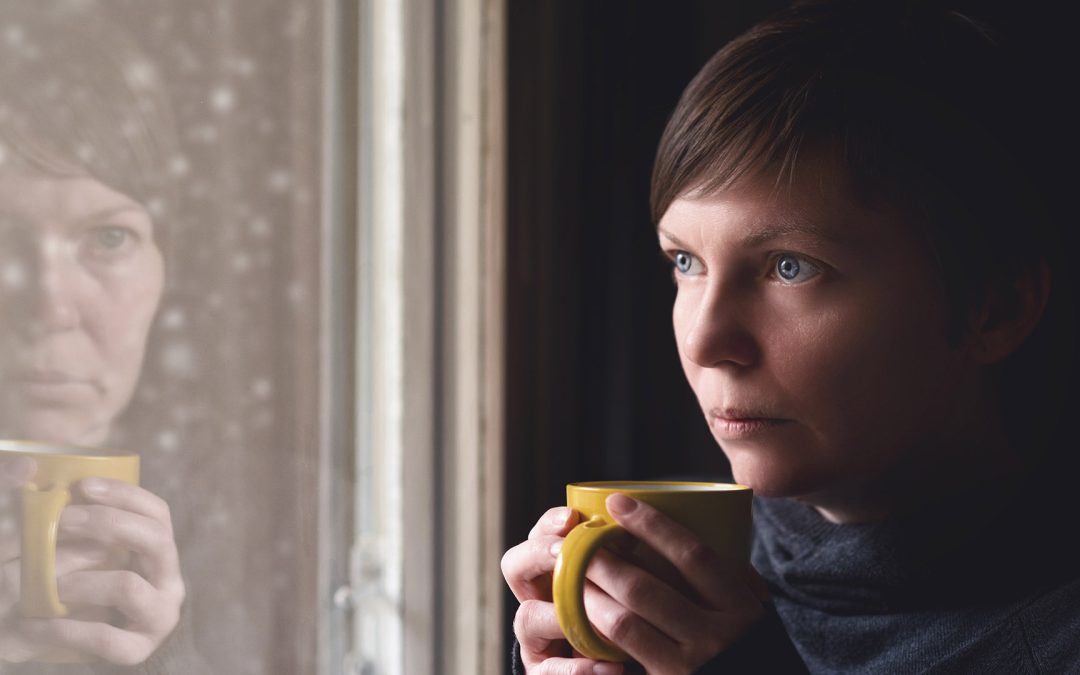Winter small talk always revolves around the weather, how early it gets dark, and how moody the mornings feel.
But don’t brush these topics off as pleasantries!
The darker days and lack of sunlight can impact your health and well-being more than you may expect. Today, we’re investigating what this means for performing arts professionals and how you can be mindful of these changes.
How the Short Days and Long Night Can Affect Performers
Aside from making it harder to see in the evenings and mornings, shorter days and longer nights can profoundly affect our physical and mental health.
However, we don’t all experience the same effects. Some of us will only notice subtle changes, whereas others will feel like the winter brings a gauntlet of challenges.
What’s important is that you assess how you feel and make changes or reach out for help when needed. Don’t ignore negative impacts because you don’t think other people are experiencing them!
Below are some of the main ways the winter days can impact your well-being:
1. Decreased Mood
It could be due to the darker days if you’ve noticed yourself feeling somewhat lower.
A lack of sunlight can lead to lower vitamin D levels, which some studies connect to emotional shifts and an increased risk of depression and seasonal affective disorder (SAD).
2. Disruption of Sleep Patterns
In the winter, we receive less natural light, which can affect our circadian rhythm—our 24-hour natural cycle that regulates alertness and sleepiness.
This can lead to difficulty waking up in the morning and sleeping at night, leaving you tired and with a wonky sleep schedule.
3. Metabolism Changes
Did you know the lack of sunlight can affect your eating habits?
When we get less sunlight, our brain tells our body to conserve energy, leading to a slower metabolism and increased hunger. This isn’t necessarily a bad thing, but something to be mindful of during the winter.
4. Social Withdrawal
Lastly, you might feel lonelier or more isolated during the winter. This is due to the darkness lowering your mood and our tendency to socialise less when the temperature drops and days draw short.
5. Other Impacts
The dark days impact our minds and bodies in numerous ways. Other potential effects include:
- Fatigue
- Trouble focusing
- Overeating
- Seasonal affective disorder (SAD)
Staying Mindful of Your Health and Well-Being
If you’ve noticed you’re experiencing a few of the changes listed above, don’t worry.
You’re not alone, and there are lifestyle changes you can implement to adapt and improve your well-being.
These include:
- Exercising at least three times per week
- Taking in as much natural light as possible, especially in the morning
- Spending more time outdoors
- Connecting with loved ones and practice hobbies
- Eating a balanced diet
- Implementing a morning and evening routine
- Investing in houseplants to keep your indoor air fresh
If you’ve tried a few of these techniques and still haven’t noticed an improvement, it might be time to see your GP (find out more about treatment for SAD). They can determine the cause of your symptoms and provide appropriate treatment, which may include talking therapy, medications or light therapy.
The Takeaway
The dark winter days can feel difficult sometimes, especially for performing arts professionals who are used to being go-go-go.
However, they serve as a good reminder to take a pause and check-in with our health and wellness. Enjoy the cosiness of them while they last!
Always reach out to a healthcare professional if you don’t see any changes in your symptoms.
Read more news and guides of performing arts professionals on the BAPAM blog.

